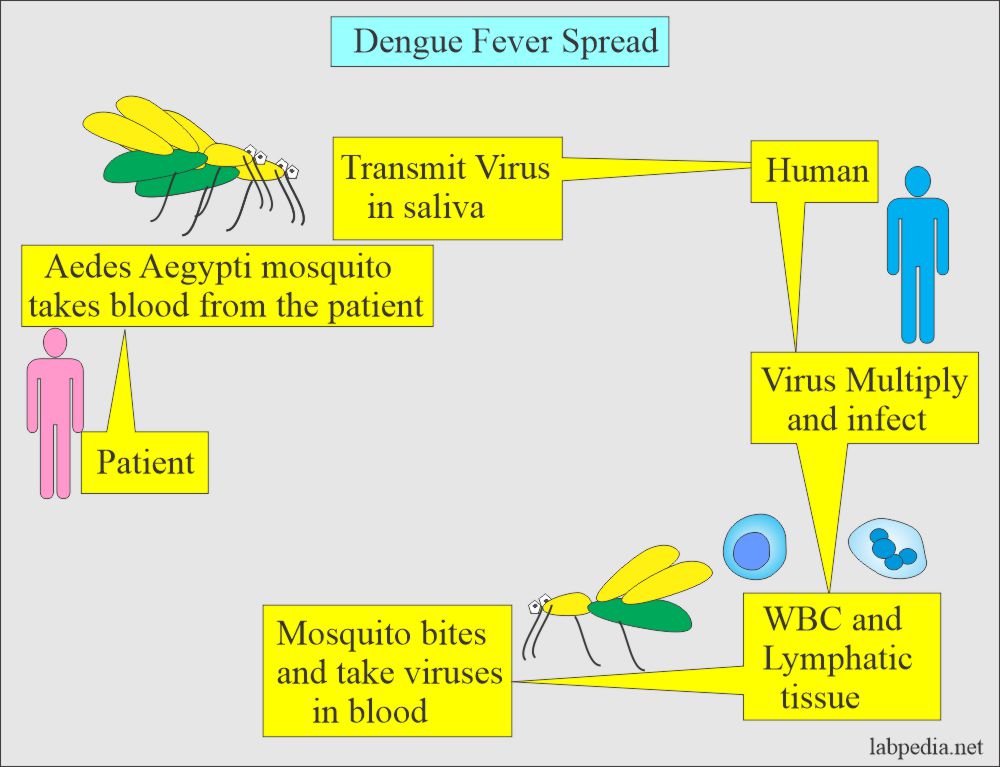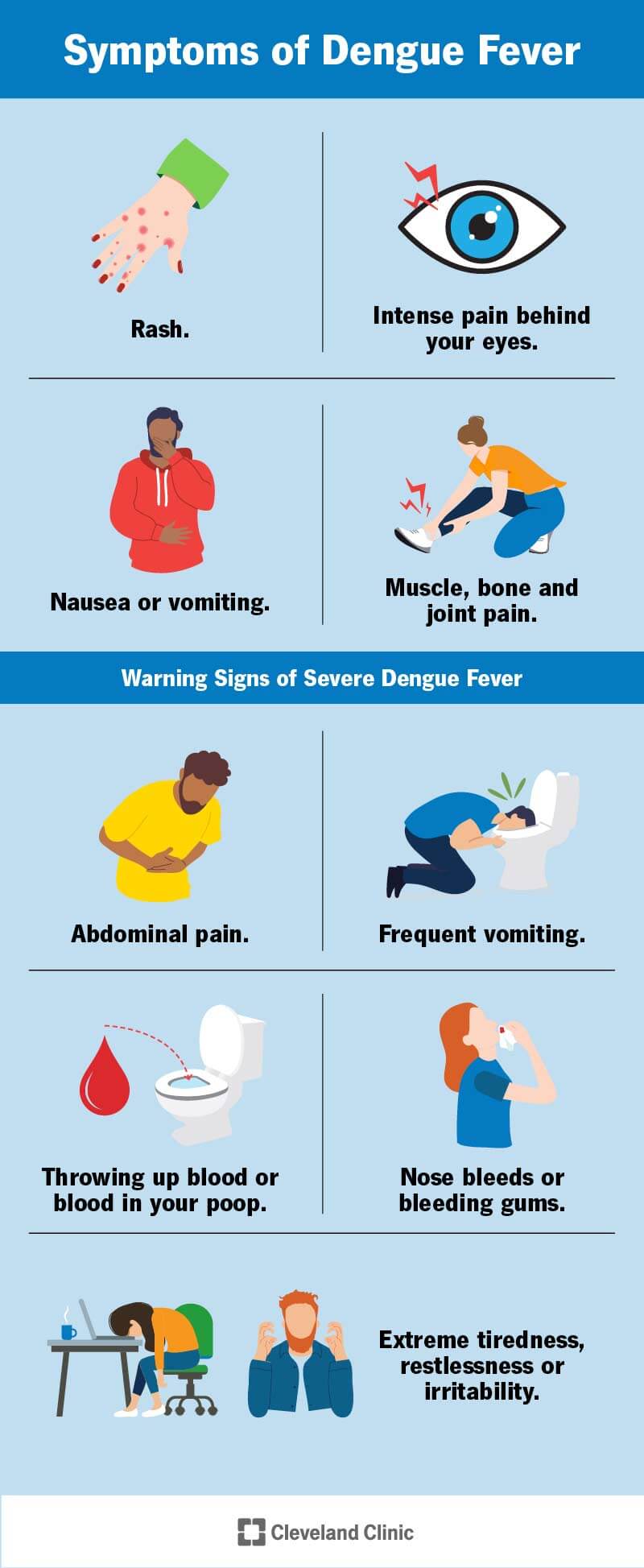Listen up, folks. Dengue fever is not just another buzzword in the world of health; it’s a serious issue that’s been silently creeping up on us for decades. Imagine this: you're enjoying your day, feeling completely fine, and then BAM! You're hit with symptoms that feel like the flu on steroids. But here's the kicker—it's not the flu. It's dengue, and it's no joke. So, before we dive into the nitty-gritty, let me tell you this: you're not alone. Millions of people worldwide face this menace every year.
Now, let's talk numbers. According to the World Health Organization (WHO), there are an estimated 390 million dengue infections annually, with around 96 million manifesting clinically. That's a staggering number, right? And here's the kicker—dengue fever is not just confined to one region. It’s everywhere, lurking in the shadows, waiting for the perfect moment to strike. So, buckle up because we're about to break down everything you need to know about this sneaky disease.
But why should you care? Well, dengue fever isn't just some random illness. It's a Your Money or Your Life (YMYL) topic. If left untreated, it can lead to severe complications, even death. So, whether you're traveling to a tropical country or living in an area where mosquitoes thrive, understanding dengue fever could save your life—or someone else's. Let's dig in.
Read also:Severe Weather And Tornado Threat In The Midwest A Closer Look At The Stormy Side
Table of Contents
- What is Dengue Fever?
- Symptoms of Dengue Fever
- What Causes Dengue Fever?
- Diagnosing Dengue Fever
- Treatment Options for Dengue Fever
- Preventing Dengue Fever
- Global Statistics on Dengue Fever
- Regions Most Affected by Dengue Fever
- Vaccines for Dengue Fever
- Wrapping It Up
What is Dengue Fever?
Dengue fever, often referred to as "breakbone fever," is a mosquito-borne tropical disease caused by the dengue virus. Picture this: you're chilling in your backyard, and a tiny mosquito bites you. That bite might seem harmless, but if the mosquito is carrying the dengue virus, you're in for a rough ride. The virus belongs to the family Flaviviridae and is transmitted primarily by the Aedes aegypti mosquito, with Aedes albopictus being a secondary vector. And trust me, these mosquitoes don't play around.
Now, here's the kicker: dengue fever isn't just one virus. There are four distinct, but related, serotypes of the virus, meaning you can get infected multiple times. Yeah, you read that right. Each infection increases your risk of developing severe dengue, also known as dengue hemorrhagic fever (DHF). So, if you thought getting dengue once makes you immune, think again.
How Does Dengue Fever Spread?
Let's break it down. The Aedes aegypti mosquito is a sneaky little bugger. It thrives in urban and semi-urban areas and loves to breed in stagnant water. So, that old tire in your backyard or that flowerpot saucer filled with water? Bingo. That's a breeding ground for these mosquitoes. Once a mosquito bites someone infected with dengue, it becomes a carrier for life. Then, it goes on a mission to spread the virus to others. It's like a game of mosquito tag, but no one's winning.
Symptoms of Dengue Fever
Alright, let's talk about the symptoms. Dengue fever doesn't mess around. It usually starts with a sudden high fever, often accompanied by severe headache, pain behind the eyes, and muscle and joint pain. And trust me, when they say "breakbone fever," they mean it. The pain can be so intense that it feels like your bones are breaking. But wait, there's more. You might also experience nausea, vomiting, swollen glands, and a rash.
Now, here's the tricky part: symptoms can vary from mild to severe. Some people might just feel like they have a bad case of the flu, while others could end up in the hospital. And if you're unlucky enough to develop severe dengue, you're looking at bleeding, blood plasma leakage, and dangerously low blood pressure. Not fun, right?
When Should You See a Doctor?
Listen up, folks. If you experience any of the following symptoms, don't wait around. Get to a doctor ASAP:
Read also:Uconn Vs Oklahoma Prediction Who Will Come Out On Top
- High fever lasting more than two days
- Severe abdominal pain
- Continuous vomiting
- Bleeding from the gums or nose
- Difficulty breathing
These could be signs of severe dengue, and time is of the essence.
What Causes Dengue Fever?
Let's get into the nitty-gritty. Dengue fever is caused by the dengue virus, which, as we mentioned earlier, is transmitted by the Aedes aegypti mosquito. But here's the thing: the virus doesn't just magically appear. It needs a host, and that host is often a human. When a mosquito bites an infected person, it picks up the virus and becomes a carrier. Then, it goes on its merry way, spreading the virus to others.
Now, let's talk about risk factors. Living in or traveling to tropical and subtropical regions increases your chances of getting dengue. And if you've had dengue before, you're at a higher risk of developing severe dengue if you get infected again. So, if you're planning a trip to a dengue-prone area, make sure you're prepared.
Can You Get Dengue More Than Once?
Absolutely. Remember those four serotypes of the dengue virus? Well, getting infected with one doesn't make you immune to the others. In fact, each subsequent infection increases your risk of developing severe dengue. So, just because you've had dengue once doesn't mean you're in the clear. Stay vigilant, folks.
Diagnosing Dengue Fever
Diagnosing dengue fever can be a bit tricky. Since the symptoms are similar to other viral infections, doctors often rely on a combination of clinical evaluation and laboratory tests. If you suspect you have dengue, your doctor might order a blood test to check for the presence of the virus or antibodies against it.
Now, here's the thing: early diagnosis is crucial. The earlier you catch dengue, the better your chances of avoiding severe complications. So, if you've been bitten by a mosquito and start experiencing symptoms, don't wait around. Get tested.
What Tests Are Used to Diagnose Dengue?
There are several tests that can be used to diagnose dengue fever:
- NS1 antigen test: Detects the presence of the virus in the blood
- IgM and IgG antibody tests: Detect antibodies produced in response to the virus
- PCR test: Detects the genetic material of the virus
Each test has its pros and cons, so your doctor will decide which one is best for you based on your symptoms and medical history.
Treatment Options for Dengue Fever
Alright, let's talk treatment. Unfortunately, there's no specific medication to treat dengue fever. The focus is on managing symptoms and preventing complications. If you have mild dengue, your doctor might recommend rest, hydration, and over-the-counter pain relievers like acetaminophen. But here's the deal: avoid aspirin and ibuprofen, as they can increase the risk of bleeding.
Now, if you develop severe dengue, you'll need to be hospitalized. Treatment might include intravenous fluids, blood transfusions, and close monitoring. And trust me, this is not a situation you want to find yourself in. Prevention is key.
What About Home Remedies?
While there's no substitute for professional medical care, some home remedies might help alleviate symptoms:
- Papaya leaf juice: Known for its blood platelet-boosting properties
- Ginger tea: Helps reduce fever and inflammation
- Coconut water: Keeps you hydrated and replenishes electrolytes
But remember, these are just supplements. Always consult your doctor before trying any home remedies.
Preventing Dengue Fever
Prevention is better than cure, right? When it comes to dengue fever, this couldn't be more true. The best way to prevent dengue is to avoid mosquito bites. Here's how:
- Use insect repellent containing DEET, picaridin, or oil of lemon eucalyptus
- Wear long-sleeved shirts and pants, especially during peak mosquito hours
- Install window and door screens to keep mosquitoes out
- Empty and clean containers that hold water to prevent mosquito breeding
And if you're traveling to a dengue-prone area, make sure you're prepared. Knowledge is power, folks.
Can Mosquito Nets Help?
Absolutely. Mosquito nets, especially those treated with insecticide, can provide an effective barrier against mosquitoes. They're a simple yet powerful tool in the fight against dengue fever. So, if you're sleeping in an area where mosquitoes are rampant, make sure you've got a good mosquito net.
Global Statistics on Dengue Fever
Let's talk numbers. According to the WHO, dengue fever is a leading cause of illness and death in the tropics and subtropics. In 2020 alone, there were over 2.7 million reported cases of dengue worldwide. And here's the kicker: these numbers are likely underreported due to limited surveillance and diagnostic capabilities in some regions.
Now, let's break it down by region:
- Asia-Pacific: Accounts for over 70% of global dengue cases
- Latin America and the Caribbean: Seeing a rise in cases due to urbanization and climate change
- Africa: Often underreported, but cases are on the rise
These numbers are alarming, but they also highlight the importance of global efforts to combat dengue fever.
What's Being Done to Combat Dengue?
There are several initiatives underway to fight dengue fever:
- Vaccine development and distribution
- Improved surveillance and reporting systems
- Community-based mosquito control programs
But here's the thing: it's a global effort. We all need to do our part to prevent the spread of dengue fever.
Regions Most Affected by Dengue Fever
As we mentioned earlier, dengue fever is most prevalent in tropical and subtropical regions. Countries in Southeast Asia, such as Thailand, Vietnam, and the Philippines, are hit hard every year. In Latin America, Brazil and Mexico see a significant number of cases. And in Africa, while data is limited, dengue is becoming an increasingly recognized threat.
But here's the kicker: dengue fever isn't just confined to developing countries. Developed nations with tropical climates, such as Australia and the United States, are also seeing cases. So, no matter where you are, if there are mosquitoes, there's a risk of dengue.
Why Are These Regions More Affected?
Several factors contribute to the higher incidence of dengue in these regions:
- Climate: Warm, humid conditions are ideal for mosquito breeding
- Urbanization: Rapid urban growth leads to poor waste management and water storage practices
- Poverty: Limited access to healthcare and mosquito control measures
Addressing these issues is crucial in the fight against dengue fever.
Vaccines for Dengue Fever
Now, let's talk vaccines. There is a dengue vaccine available, known as Dengvaxia. It's approved for use in people aged 9-45 years living in endemic areas. But here


